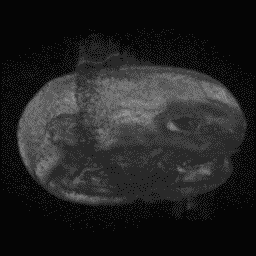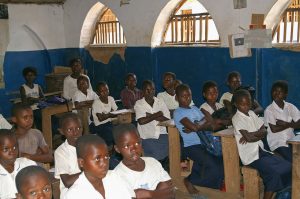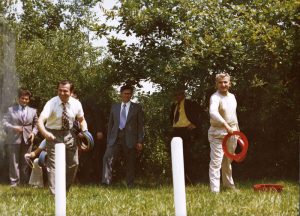Eduardo Mendoza is one of the most recognised Spanish authors in the last decades. I have read a couple of his books: La Verdad sobre el Caso Savolta, La Ciudad de los Prodigios, Riña de Gatos, el Laberinto de las Aceitunas and now Sin Noticias de Gurp.
I have to say: all his books show an impecable command of the Spanish language. Just because of that they are good. He shows a rich and yet natural vocabulary. He has a good sense of humour. Gurp was conceived as a kind of light-hearted comedy, a pseudo-science fiction book.
I have to own up I was not very impressed. Perhaps I have too many expectations after reading a lot of real science fiction and that wonderful mix of science fiction with comedy that was the incredible Douglas Adams. Still, I missed the element of surprise, some original trait…it was, all in all, a bit childish. Mendoza, very humbly, concedes in the forewords he did not expect that book to be as succesful as it actually became. To his surprise – and to mine – it is his most popular book among all readers.
My favourite Mendoza books are still La Verdad sobre el Caso Savolta and, undoubtedly, La Ciudad de los Prodigios. If you speak Spanish well, I recommend you both of them.




